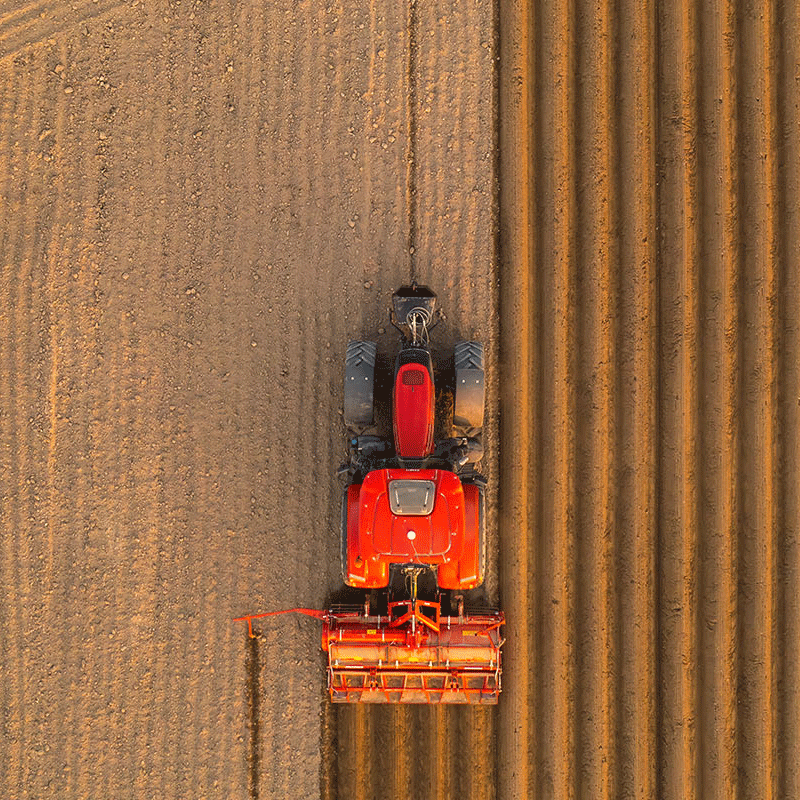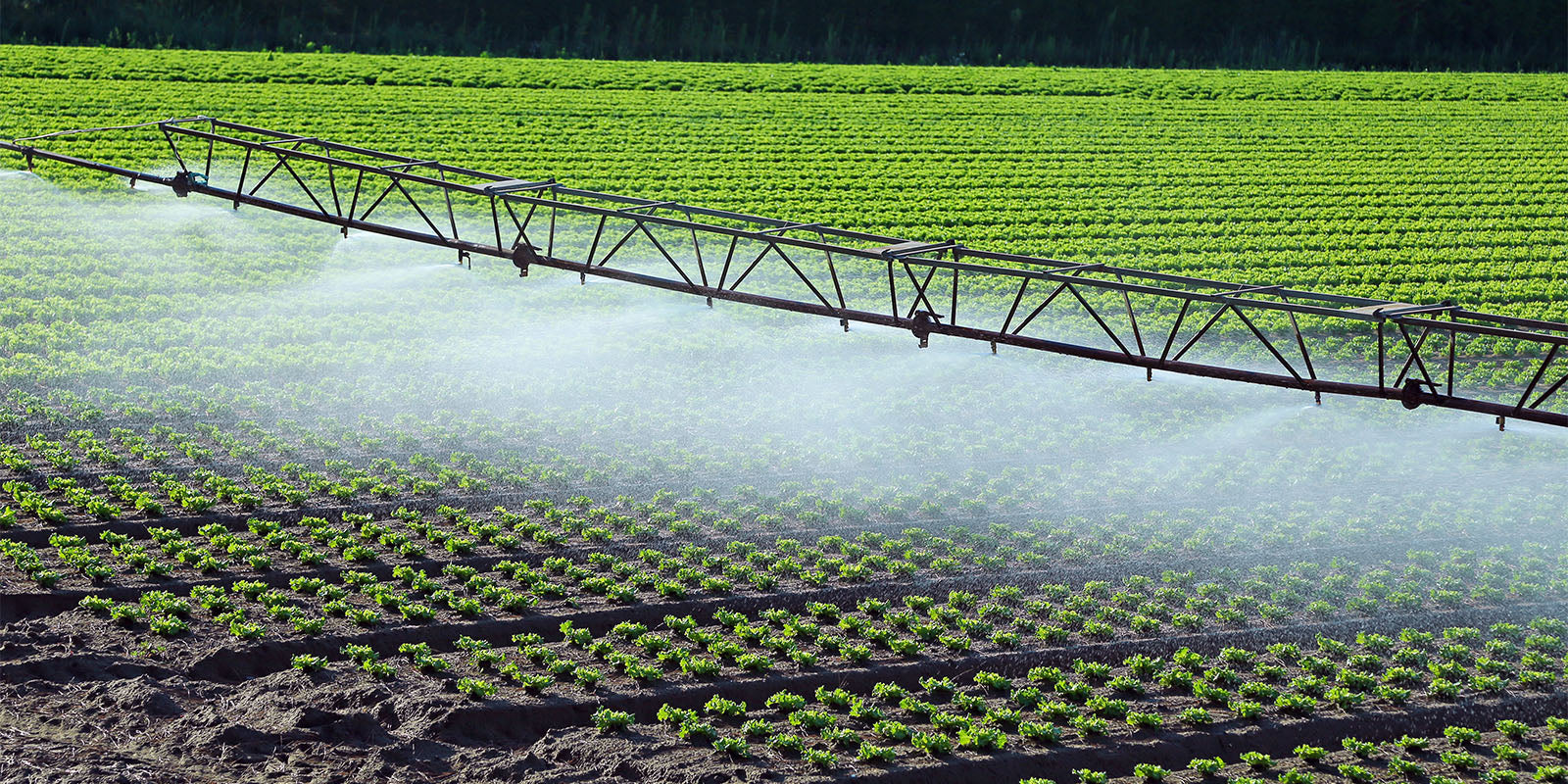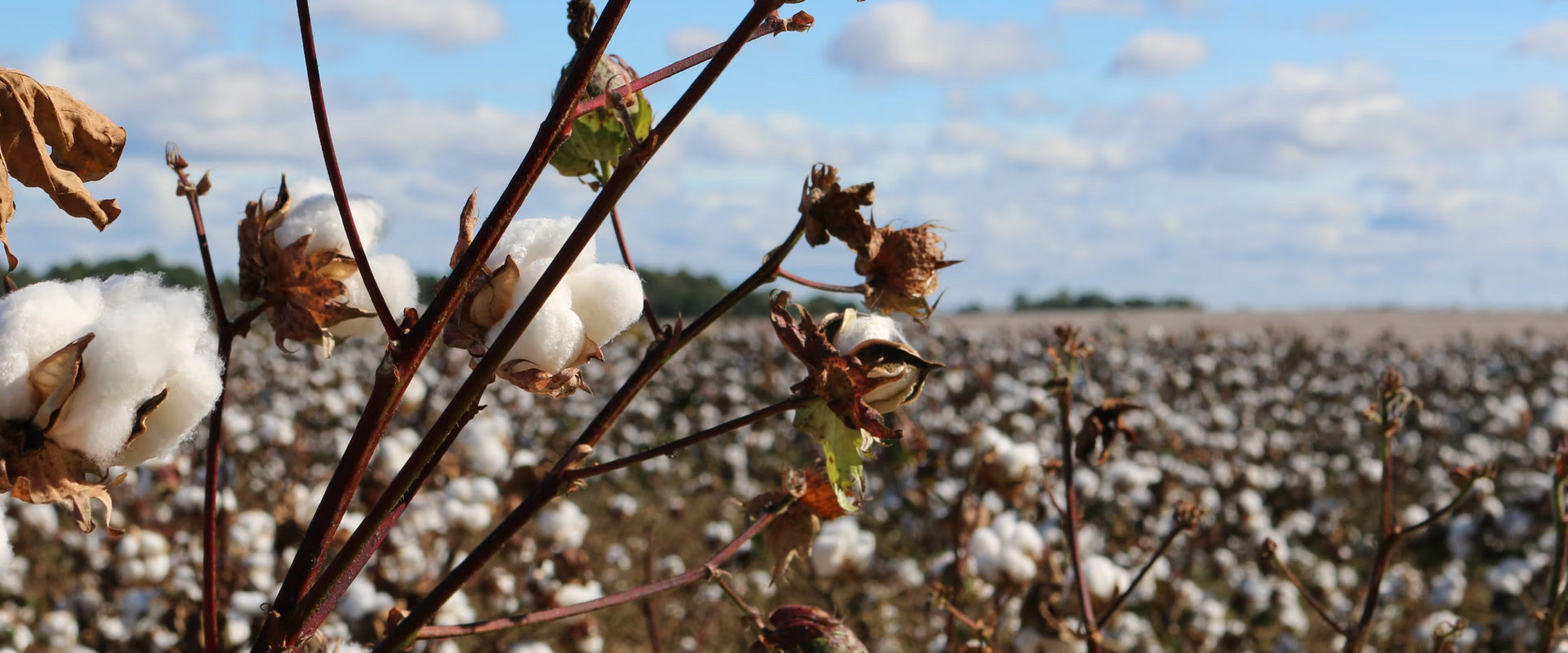It's no secret that conventional agriculture can be bad for the environment.
It uses loads of chemicals, for starters. And those synthetic fertilisers, insecticides and defoliants end up polluting rivers and ground water.
Insecticides kill all insects indiscriminately, including what we think of as the 'good ones', like bees.
But the birds suffer too – less insects around means less food for them to eat.

Conventional agriculture also affects the health of both farmers and the people who live nearby because they inhale a lot of the chemicals spread on the fields.
What most people don’t realise, however, is that conventional, intensive agriculture is also very bad for the climate.
Here's why.

Intensive agriculture and the climate
Agriculture is a big contributor to climate change because it releases vast amounts of greenhouse gases, representing over 20% of global emissions.
But what makes agriculture different from other sectors, like industry or shipping, is that the majority of gases emitted are not CO2.
Carbon dioxide does play a role, as does the methane produced in cattle farming, thanks to all those windy cows.
But another gas, nitrous oxide, has an even bigger role to play.
You might know it as laughing gas. Unfortunately, that's pretty much where the humour ends when it comes to the climate.
Nitrous oxide is a by-product of synthetic fertilisers, which all contain nitrogen. When applied to the soil, some of that fertiliser turns into nitrous oxide gas and is released into the atmosphere.
The problem is that nitrous oxide (N2O) is 300 times more potent than CO2 when it comes to heating the atmosphere. It also stays in the atmosphere for more than a century and contributes to depleting the ozone layer.
It's estimated that nitrous oxide accounts for about 6% of all greenhouse gases globally. Most of these emissions come from agriculture.
The impact of intensive agriculture on the climate doesn’t even stop there.
Manufacturing these nitrogen fertilisers requires huge amounts of energy, which release large quantities of CO2.
And just when you think it's done enough damage, mainstream agriculture comes up with another reason not to love it. Why? Because it also causes soil erosion.
Why organic farming is better for the climate
Organic farming is playing an important role in fighting climate change for two reasons:
>It's fantastic at pulling CO2 from the atmosphere and then storing carbon in the soil
> It emits far fewer greenhouse gases

Sequestration of carbon
Soil is a major store of carbon, containing three times as much of the stuff as is in the atmosphere.
Soils cultivated using organic methods have the unique ability to lock carbon in.
Even better, organic soils can actually pull CO2 from the atmosphere, turn it into carbon, and then store it and keep it locked in the soil.
A study* has shown that organic farming sequesters 450 kg more atmospheric carbon per hectare than conventional farming.
That's equivalent to driving a car over 4,000 km. For context, that's nearly all the way from London to the North Pole.
Less emissions of greenhouse gases
Organic agriculture saves energy because it doesn’t need to use synthetic fertilisers and pesticides, whose manufacturing is very energy-intensive.
That means fewer CO2 emissions.
Organic agriculture only relies on natural fertilisers – animal waste and green manure – that release far less nitrous oxide than the synthetic alternatives.
Chemical pesticides are replaced by natural methods to manage insects, such as crop rotations, mixing crops, avoiding unnecessary tilling etc.

Organic v conventional cotton – no contest
The Textile Exchange compared the environmental impact of organic and conventional cotton.
The findings were very interesting...
- The global warming potential (CO2 emissions) of organic cotton is almost 50% that of conventional cotton.
- Organic cotton used 91% less 'blue water' (water used for artificial watering and irrigation) than for conventional cotton. Instead, most of the water used for organic cotton was 'green water' (the good stuff - rain water and natural soil moisture).
- A massive 62% less energy was needed for organic farming. Making synthetic fertilisers and pesticides requires a lot of energy – organic farming just doesn’t use them.

